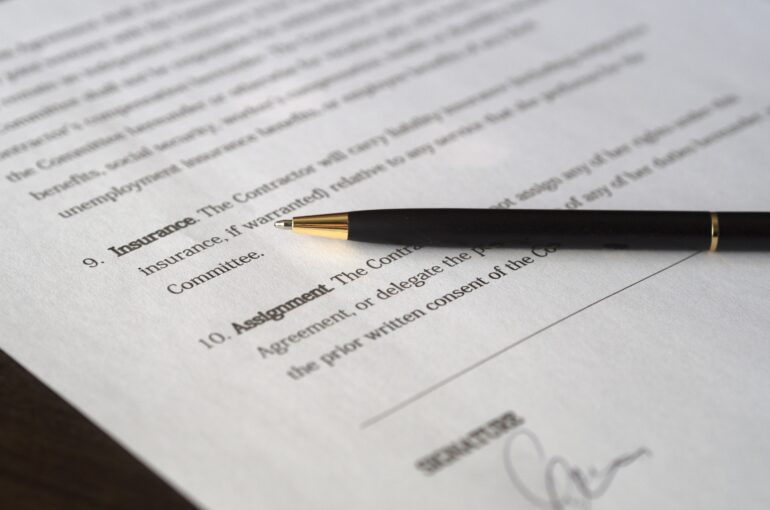What is a Demand Letter? What To Do if You Got One? And What Makes a Good Demand?
The demand letter is the bread and butter of an attorney. It is the “shot across the bow” so to speak to put everyone on notice. This article will discuss exactly what a demand letter is, what makes a good demand letter, and how to respond to one.
So What Is It?
A demand letter’s purpose is given away by the name. It is a letter and it demands something. It is drafted by attorneys on behalf of their client and sent to somebody who allegedly injured them. At least that is who should be writing the demand letters. The majority of them are probably written by paralegals and secretaries and signed by the attorneys when they get back from their golf outings. Am I right?
The demand letter is an art. Unlike any other kind of letter, you really cannot tell anything about the person from the letter. Meaning, the attorney drafts a letter in a way that is not reflective upon their personality, but the strategy they play. If the letter is hostile and demeaning, that is the way the attorney will most likely treat you going forward.
If it is matter of fact but not rude, that is also an indication of what working with that attorney will be like. Some attorneys feel the need to stiff arm a person right out of the gate. Others use the demand letter as a way to bridge that gap and introduce themselves. In any case, the demand letter will state names, facts of the case, what the alleged breach is, and what they want. They may reference law, case names, or statutes.
Lastly, they will have a date which requires you to act before that time.
What Makes a Good Demand Letter?
A good demand letter is characterized by producing enough facts to tell the person what they did, but not too much to give anything away. A good demand letter will always give a request, or demand, and give a date to respond. If you do not give a date, people will just not answer. A good rule of thumb is make a date that is one-week from the date sent.
In no case should a demand be a middle-finger on paper. It is a professional request that should rely on the substance of the request, not a personal dig. If the first communication is a horribly aggressive one, nothing will get resolved quickly. A good attorney’s job is de-escalating a situation and getting you what you need quickly, not pouring fuel on the fire.
What Do I Do If I Get a Demand Letter?
Please, do not throw them away without reading them. People will send demand letters even if they are unwilling to follow through. After all, if a demand letter gets them anything at all, it is worth it right? Maybe. But you should at least know what is requested and the parties involved. The sticking your head in the sand and hoping it goes away approach never works. Especially if you have a vindictive person, or lawyer, coming after you.
If you get a demand letter, do not call the lawyer who wrote it, do not call their client. If your demand is accompanied by a summons, NEVER call the court or the judge. Talk about shooting yourself in the foot. Call an attorney who can calmly explain to you the merits of the letter. If you feel you can handle it then, you can repeat what the attorney talked to you about, or hire them to do it. The golden rule in all of law is never react emotionally. That is what the other side is hoping for; never give them that.
How We Can Help
If you need a letter written up, or you need to know what to do with one that just came for you, feel free to contact us. We are willing and able to help you with whatever is next.



